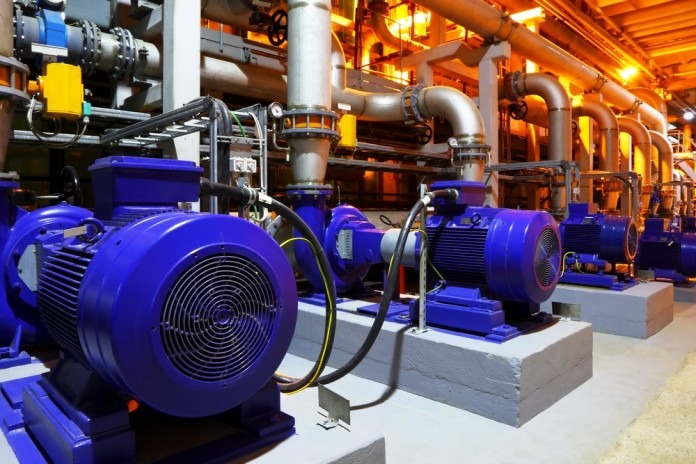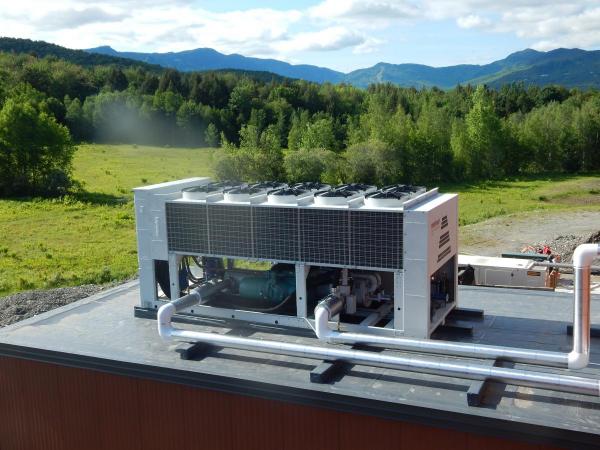Quick Guide to Quoting Hydraulic Pumps: What You Need to Ask
Acquiring the right hydraulic pump is essential for the performance and efficiency of any system.
However, the quoting process can be overwhelming if you don’t know what information to provide.
An accurate quote depends on asking the right questions, ensuring that you receive the ideal solution for your needs.
This guide will help you prepare the essential information that suppliers will need, ensuring that you get an accurate quote and the right pump the first time. Don’t leave anything to chance.
Key Factors to Consider Before Requesting a Quote
Before contacting a supplier, have the answers to the following questions ready:
- 1. Type of Pump Desired or Required: Do you know if you need a gear pump, vane pump, or piston pump (axial/radial, fixed or variable displacement)? If you’re not sure, describe the application.
- 2. Required Flow Rate: What is the flow rate (volume of fluid per unit of time) that your system requires? This is commonly measured in gallons per minute (GPM) or liters per minute (LPM).
- 3. Maximum Operating Pressure: At what maximum pressure will the pump operate? This is expressed in pounds per square inch (PSI) or in bars (bar). It is crucial for the system’s durability and safety.
- 4. Required Power and Operating Speed: What power (HP or kW) does your application require, and at what rotational speed (RPM) will the pump operate? Consider the power of your motor or power take-off (PTO).
- 5. Type of Hydraulic Fluid and Temperature Range: What type of hydraulic oil will the system use? What is the ambient and operating temperature range of the fluid? (Viscosity, additives, etc.)
- 6. Type of Connection and Port Size: What type of inlet and outlet ports (suction and discharge) do you require? (For example, NPT, SAE, BSPP) and what is their size?
- 7. Shaft Type: What type of coupling shaft does the pump need? (For example, splined, keyed, tapered). It is vital to ensure proper connection to the motor.
- 8. Rotation: Should the pump be right-hand, left-hand, or reversible rotation? This is determined by looking directly at the shaft end.
- 9. Specific Application: What will the pump be used for? (For example, industrial machinery, mobile equipment, agricultural applications, steering systems, etc.) A clear description of the application helps the supplier recommend the best option.
- 10. Environmental Conditions: In what kind of environment will the pump operate? (Extreme temperatures, humidity, presence of dust, vibrations, etc.) This can influence the choice of materials and sealing.
- 11. Specific Certifications or Standards: Is any specific certification required (e.g., ISO, ATEX, CE), or must it comply with any particular industry standard?
- 12. Budget and Delivery Timeframe: Do you have an approximate budget and a desired delivery timeframe for the project?
- 13. After-Sales Service and Warranty: What type of technical support and warranty does the supplier offer for the pump?
By having these answers ready, you not only will speed up the quotation process but also you’ll ensure that the supplier can offer the hydraulic pump you truly need, avoiding costly mistakes and guaranteeing the optimal performance of your system.
NOTE: “Some certifications or regulatory requirements depend on the type of pump, application, and location; consult a specialist or manufacturer to confirm.”



